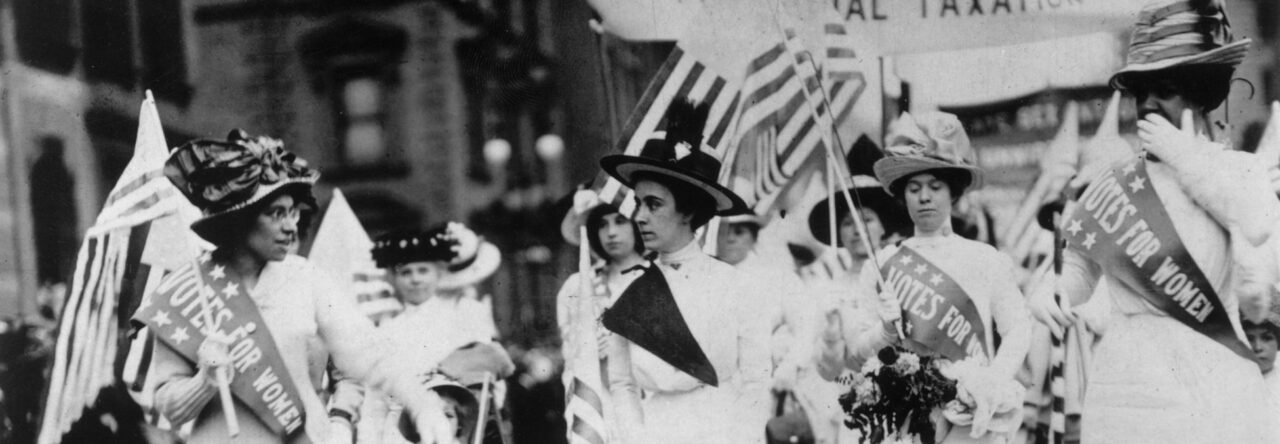In 1924, with the Republicans riding a wave of prosperity, it looked like incumbent President Coolidge would be serving another term. But what seemed like a simple election would be punctuated by two very important developments in modern American politics. The election will be remembered for the final schism in the Democratic party in the 20th century, as well as the first election in which the American people heard their candidates speak for the first time; from their living rooms.
The Democrats approached campaign strategy with plans to, as author Donald McCoy put it, “lambaste the Republicans for wickedness and corruption in the office and in general.” (Calvin Coolidge the Quiet President 248) Lambaste they did, and with the advent of politics over the radio, their harsh words for the Republican party could be heard in most major cities daily during the convention and the campaign.
Holding back the Democrats, was the schism created over several issues during the convention. Amongst these were the endorsements of the League of Nations, repeal of Prohibition, and oil-tainted Democrats. The largest of the issues was the racist Ku Klux Klan, which had literally split the party in two. (Calvin Coolidge the Quiet President 248) William McAdoo, the best candidate, was ruined by his stance on oil, Alfred Smith by prohibition, and Oscar Underwood by his criticism of the Klan. Eventually, the Democrats chose the little-known John W. Davis (a conservative) for his dry stance on Prohibition and indifference to the Klan.
The Republicans stood by incumbent Calvin Coolidge. 1923 was a good year for America, with previous years just as good. Coolidge and his campaign manager decided that the race would be run on “prosperity, economy, and respectability… Prosperity, however distributed, was the leading issue among Democrats and Progressives as well as Republicans, and virtue was a close second. Coolidge had already made himself appear the procurator of prosperity and the symbol of virtue, and he had accomplished that almost by doing nothing at all.” (Calvin Coolidge the Quiet President 253)
Interestingly enough, a third-party independent, William La Follette, was given a voice by this radio revolution. Today, independents have a voice because of the availability of modern media at a relatively cheap price. In 1924, it could cost up to $5000 dollars to carry a speech over six radio stations. These charges had to be paid, and naturally the parties endorsing their candidates picked up the bill. This was the first time that campaign contributions would be set aside for media time, a practice that dominates the allocation of political funds today.
Coolidge’s final speech was carried over the waves from 26 radio stations, Davis’ just 7. In Coolidge’s non-partisan, final speech, he simply urged citizens to vote, and concluded with, “To my father, who is listening in my old home in Vermont, and to my other invisible audience, I say ‘good night.’” Coolidge won in a landslide over Davis and La Follette in what the New York Times reported as the first national election in years to be decided so quickly. Coolidge captured 54% of the popular vote and 382 electoral college votes with Davis and La Follette carrying 28% and 136 and 16% and 13, respectively.
While the 1924 election marked a victory for the Republicans and a party-changing defeat for the Democrats, it also represented a major change in the way that the media and politics affected each other. These effects can be seen over the last century, where politics and media have created a symbiotic relationship, from Coolidge to CSPAN.


Leave a Reply
You must be logged in to post a comment.